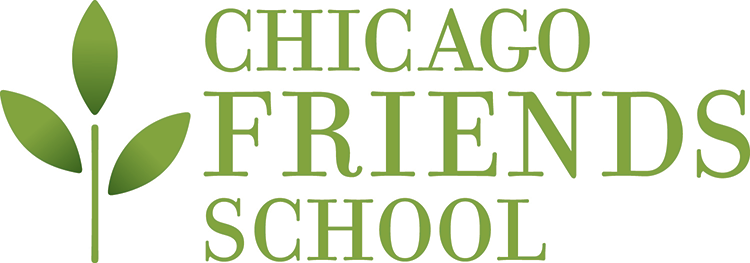Twenty-first-century education can not be about simply filling kids’ heads with knowledge, but rather it is about teaching them the skills and attitudes that they need to become learners. Today, through our digital connections, more information and knowledge than ever is at our fingertips. Just to read through everything on Wikipedia would take a lifetime. And in the meantime, information is changing and growing and for most jobs, it is more and more crucial to use and learn continually. It is farcical to believe that we can simply give children all of the knowledge they need to be successful during a relatively short time spent in traditional schooling. Rather, it is the job of educators to teach kids how to seek, evaluate, and use knowledge and information in the world.
It is also our job to model for them that we are also learners, that learning is never complete, and that no one knows everything. For this reason, I resolved, when I started at Friends School, to never claim to a student that I knew something I didn’t know. Several times a week, it seems, I say “I don’t know. But I could look it up” or “I don’t know, but we could figure it out.” Kids take this very well, and I have never gotten the sense that this diminishes me as an educator or leader with them.
Recently, I was talking to a friend who has just stepped into a new position of leadership, and he was lamenting not knowing everything he needed to negotiate some of the complicated politics of his job. I told him about a time when I was in a similar situation in a previous job, and a board member said to me: “Leadership demands that we make a decision with 60% of the information we would like to have.” How often it feels that way. Particularly when the decision is complex and will not please everyone, I have to make a call even when I don’t have all the information or perspectives I wish I could have. A ticking clock on a decision can take the form of an institutional schedule, the amount of time it takes to hire, needing to finalize a budget, or the needs of a classroom or a teacher. But in every case, it demands a timely, and often consequential, decision.
Being decisive is demanded of people in leadership positions, and knowledge is crucial to this. But, just as with a child in school, I do not always have all of the information or knowledge I would like to have at my fingertips. I have experience and education to fall back on, and these have equipped me well for some aspects of my job, but other parts of the job take me into areas where my learning curve is still quite steep. The fact that this is just as true in year 7 of school leadership, as it was in year one speaks to the challenges of heading a growing school! And truthfully, learning what I need to know is one thing that makes this job rewarding.
But in leadership, as in our old-fashioned notions of teaching, there is an old belief that the leader should be authoritative. They should know the answers, project sureness, and exercise authority. Sometimes I can do that. But more often than not, I find myself, with teachers, with board members, with stakeholders, saying “I don’t know,” “I’ll have to find out,” or “What does your training say is the best thing to do here?”
A good leader, just like a good teacher, uses the resources they have at hand. These include the skills, knowledge, and perspectives of others. By saying I don’t know, I am inviting others — be they students, teachers, or parents — into a decision, or into the learning process. I am sharing authority, responsibility, and inquiry. This is consistent with the Quaker value of equality, and also integrity. I invite others into the understanding that I don’t have all the answers, but that together, we can find a solution.


Karen Carney
is the head of school. Karen’s career demonstrates a rich and diverse set of skills: project oversight, curriculum development, educator training and mentoring, and classroom instruction. Prior to coming to Chicago Friends School, she worked as a senior specialist in science curriculum for American Institutes for Research. Before this, she oversaw educational programming at the Adler Planetarium, first as its director of education and then as associate vice president for visitor experience and learning. She has also worked in instruction and teacher development at the University of Illinois at Chicago’s Learning Sciences Research Institute and has authored more than 20 scholarly papers, book chapters, and conference presentations.
Karen is an active, dedicated Friend (Quaker) and has held various leadership positions at the Evanston Friends Meeting. She enjoys baking, cooking, and painting and is a member of the Playmation improv comedy team.